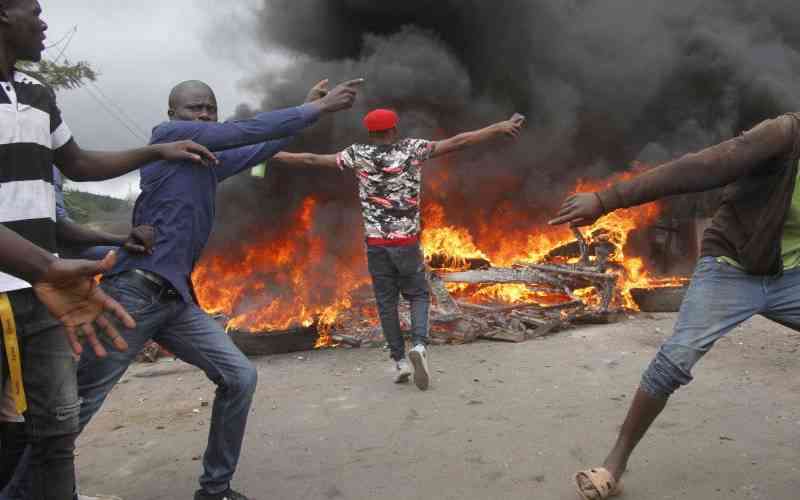×
The Standard e-Paper
Stay Informed, Even Offline

As Azimio la Umoja One Kenya mulls return to demonstrations, a new law could leave protests virtually at the discretion of the police.
A Bill by Mbeere North MP Geoffrey Ruku seeks to give the police the leeway to issue "conditions" to planners of demonstrations, which if unmet could see their assemblies prohibited.